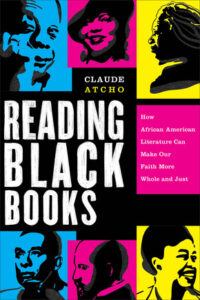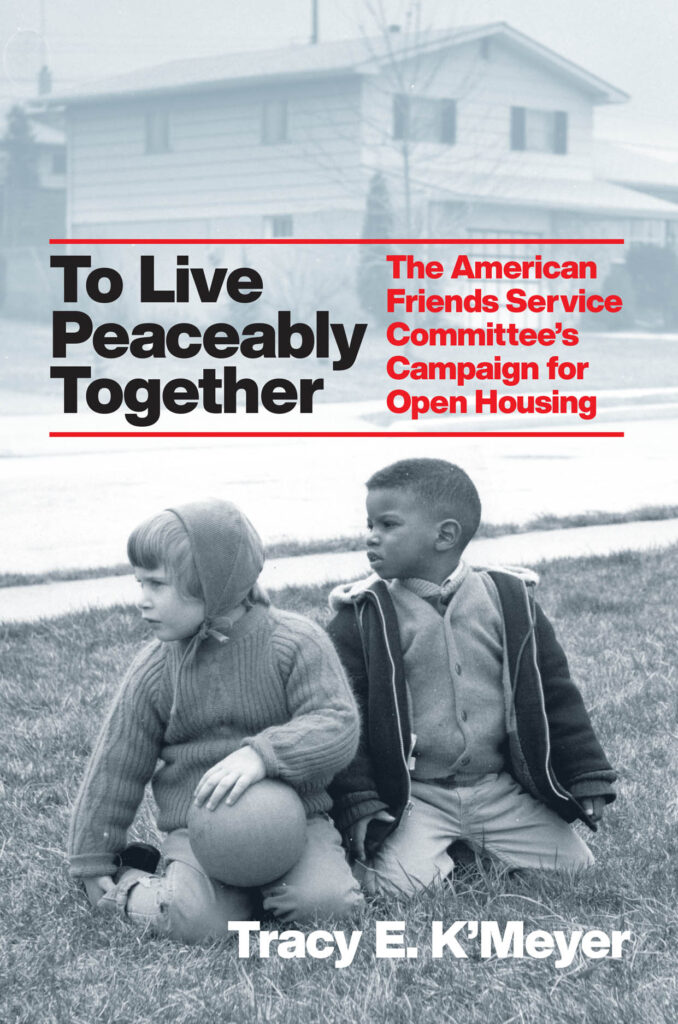How African American Literature Can Make Our Faith More Whole and Just
Claude Atcho pastors and teaches in Charlottesville, Virginia. He knows what it means to read Black books in the teeth of white supremacy, even as his and other churches struggle for racial justice. It means more than quoting Martin Luther King Jr., on social media. It means attending to Black stories. Reading Black Books helps Christians think theologically with some of the Black stories captured in classic African American literature.
Atcho pairs the work of nine seminal 20th-century African American poets and novelists with a theological category for inquiry. In each chapter (Richard Wright gets two), Atcho offers not only a close literary reading but also a theological reflection on a primary literary text, from Ralph Ellison’s Invisible Man (“Image of God”) and Richard Wright’s Native Son (“Sin”) to Zora Neale Hurston’s Moses, Man of the Mountain (“Salvation”) and James Baldwin’s Go Tell It on the Mountain (“God”). The book’s end-of-chapter discussion questions make it especially handy for classrooms and church groups alike.
Reviews and endorsements of the publication include:
“Reading Black Books is an exemplary work of literary criticism and Christian wisdom. In elevating and illuminating the important voices examined in these pages, Claude Atcho brings a great and greatly needed gift to the world. The books examined here offer ways of seeing more clearly our full humanity: the heavy weight of injustice, the elusive meaning of suffering, the profound dignity of all people, and the wondrous power of good stories well told.”
― Karen Swallow Prior, research professor of English and Christianity & Culture, Southeastern Baptist Theological Seminary; author of On Reading Well: Finding the Good Life through Great Books
“Claude Atcho’s Reading Black Books is brilliant and thought provoking. He has brought fresh eyes to some of the great works of African American literature, while also encouraging deep theological reflection. There are holes in the lived theology of many Christians that Atcho has used Wright, Ellison, Morrison, Hurston, and others to help fill. A must-read for anyone who loves reading literature and thinking deeply about God.”
― Kathryn A. Freeman, writer and cohost of the Melanated Faith podcast
“Written with the passion of a book lover and the urgency of a preacher, Reading Black Books not only reminds us of the richness and vitality of classic works like Invisible Man, Passing, and Beloved; it also connects the form and themes of these writings to God’s sovereign story of justice and righteousness. This is Christian literary criticism at its best, offering both artful appreciation and gospel witness.”
― Josh Larsen, author of Movies Are Prayers; editor at ThinkChristian.net
“God’s people do everything as Christians–even read literature. Atcho conducts a theological reading of popular Black novels and poetry to unearth the joys, sorrows, and longings that have often marked Black life, examining them through divine revelation. This volume either puts words to your own experience or to someone’s you love with the ultimate goal of finding hope in Christ. Reading Black Books answers the abiding questions from Black literature with theological insights and a pastoral heart that marks every page.”
― Walter R. Strickland II, Southeastern Baptist Theological Seminary
For more information on the publication, click here.


